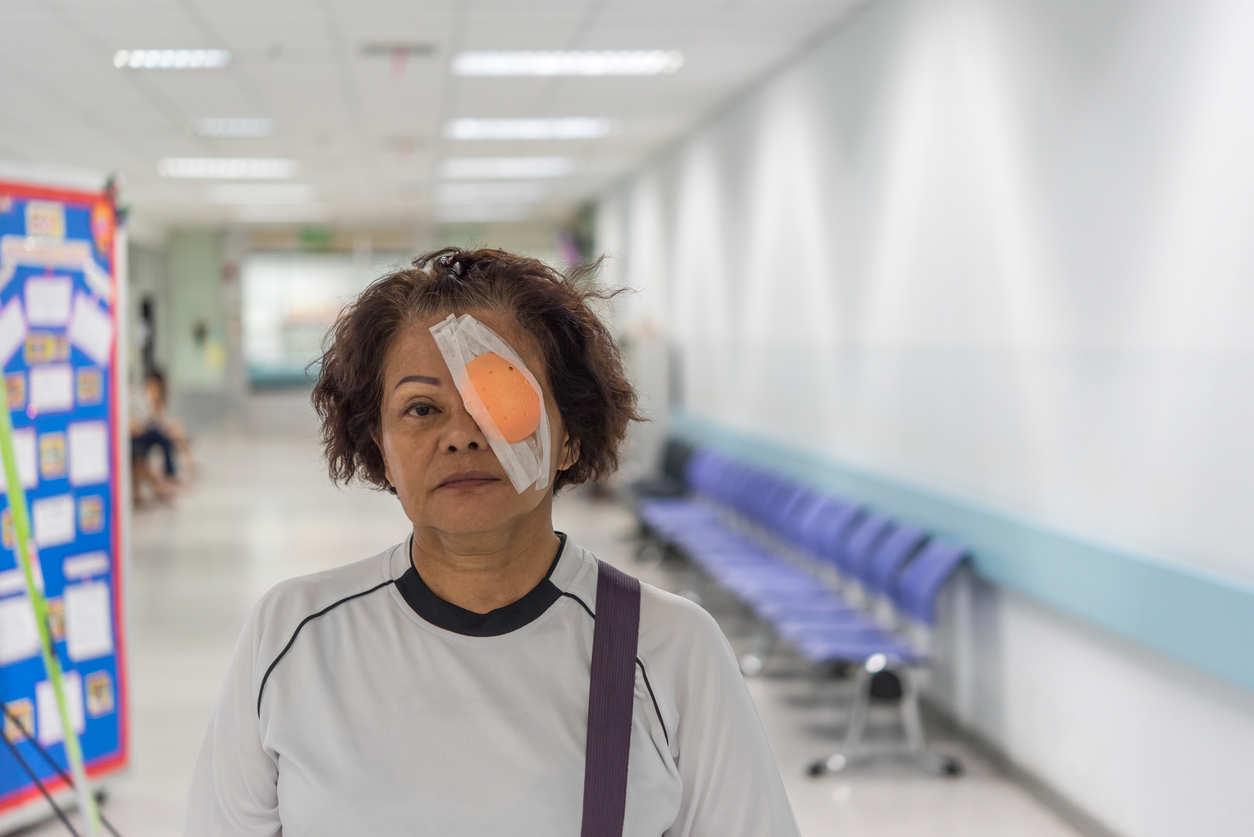Drooping eyelids is one of the most common frustrations of older women. If you want to address that problem, there is a solution. Blepharoplasty, otherwise known as eyelid surgery, is a procedure that aims to improve the appearance of the eyelids. If you want to reduce the appearance of sagging skin, reduce excess fat, or fix the problem with your droopy eyelids, blepharoplasty may be the answer to your problems. This popular cosmetic procedure can provide you with transformative results. A plastic surgeon in Greenwich can help you achieve the transformation you want. It is important to know, however, that one of the ways you can achieve the best outcomes is to have a smooth and optimal recovery process. If you want to know how to optimize blepharoplasty recovery, here are a few tips.
How to Optimize Blepharoplasty Recovery
Take Time Off
You must plan ahead. Take time off from work so you can properly heal. Try your best to accomplish all your responsibilities or work before you have your surgery. Most patients are able to go back to their normal activities 10-14 days after the surgery. That means you will need help with daily chores like cooking, washing, and cleaning during these days. If you have young children, you can make arrangements with a family member, a trusted friend, or a hired help to help you care for them.
Have Everything You Need for Recovery Ready
Make sure that you talk with your surgeon about the recovery process before your surgery date. Ask them what you would need during the recovery period. This way, you can prepare everything you need beforehand, and you will have easy access to them at home after the surgery.
Some of the essentials you need to have on hand are:
- Cold compress for swelling
- Eye drops for dry eyes
- Eye ointment
- Sterile gauze
Follow Your Surgeon’s Instructions
Your surgeon will give you instructions tailored to your unique situation. Ensure that you follow them as meticulously as you can, as they will have recommended regimes and remedies with your speedy recovery in mind.
Apply a Cold Compress
Do this for the first 48 hours after surgery. The cold compress will help reduce the swelling and bruising around your eyes. Make sure that it is not too heavy or too cold.
Elevate Your Head
Keeping your head elevated while resting can help reduce swelling and make you feel more comfortable. Use two or three pillows to raise your head while you sleep. Do this for several days after surgery.
Avoid Exercise and Other Strenuous Activities
Take this time to rest. Postpone exercising, workouts, heavy lifting, and other strenuous activities until after you have reached total recovery. In this same vein, you must get a lot of rest. Quality sleep is crucial to your healing. Sleep allows your body to heal, so when you feel tired or sleepy, allow yourself to fall asleep even if it is still daytime.
Limit Activities That Can Strain or Irritate Your Eyes
Limit screen time and reading time. This also includes protecting your eyelids from the harmful UV rays of the sun. Wear sunglasses and sunscreen. Similarly, you should forego using eye makeup or contact lenses for the first few weeks after your surgery. Also, avoid using face creams and lotions that may touch your eyes. Do not swim, garden, or dust for 1 to 2 weeks after the surgery.
Be Intentional With Your Diet
Eat whole, nutritious foods. Vitamins and minerals will support your body’s natural healing ability. You should also be sure to have a lot of fluids, especially water. You can include natural juice and soups in your meals to increase variety. This will keep you hydrated and promote skin elasticity.
What to Expect During Recovery
- It is normal for your eyelid to feel swollen, tight, and sore. Your eyes may also feel watery, itchy, or sticky.
- Your vision may be blurry for a few days.
- After 5 to 10 days, your removable stitches will be removed by your surgeon.
- The swelling may subside after 1 to 3 weeks.
- Your eyes will look better after 1 to 3 months.
- Most patients are able to return to work within two weeks. However, the bruising around your eyes may still be evident even after two weeks.
Start Your Journey Towards Younger-Looking Eyes Today
Optimizing your recovery involves a combination of following your surgeon’s advice, exercising healthy habits, and allowing your body to heal naturally. These will ensure a smooth and optimized blepharoplasty recovery.
If you want to have alert, revitalized, younger-looking eyes, do not hesitate to call Dr. Sohrab about upper blepharoplasty. The doctor will consider your aesthetic goals and give you the treatment you need to feel your best. Call for an appointment today!
